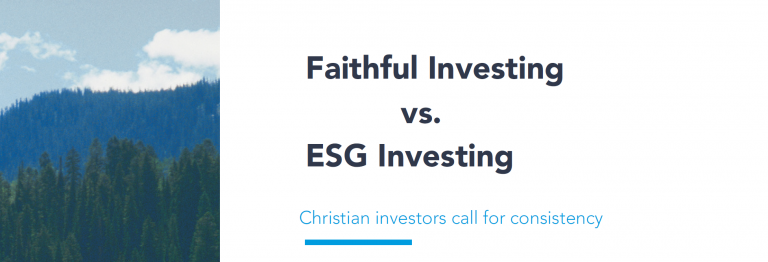Part IV: Where is your North?
In the last three articles we have been explaining that, although the 2030 Agenda has positive aspects, accepting it implies direct conflicts with the moral approach of the Church. In the face of the widespread acceptance of the Agenda, the question arises: what now, what should Christians do, where should our focus be?
Benedict XVI spoke on several occasions about the importance of non-negotiable principles: protection of life, recognition and promotion of the structure of the family and protection of the right of parents to educate their children[1]. These principles are not truths of faith, but principles inscribed in the nature of man and therefore destined for all people and essential for just and peaceful coexistence.
Faced with this situation, the Christian cannot remain a spectator in society and we must ask ourselves whether we have the moral responsibility to offer an alternative that is consonant with these non-negotiable principles, in the words of John Paul II:
” A new state of affairs today both in the Church and in social, economic, political and cultural life, calls with a particular urgency for the action of the lay faithful. If lack of commitment is always unacceptable, the present time renders it even more so. It is not permissible for anyone to remain idle”.[2]
Offering this alternative means being creative minorities in all areas. Benedict XVI has stressed on several occasions the importance of the Church as a creative minority. The creative minority is like yeast in the dough: it is capable of transforming the laws and properties of the dough, but it does so from within, as part of it[3]. Thus, in the face of the current proposal to detach all social aspects from transcendence, being a creative minority implies offering an alternative: placing value on the person.
Placing man at the center, the first social structure we encounter is the family. In all the literature surrounding Agenda 2030, the family is barely mentioned if not to undermine it through “family planning” rather than to promote it. However, the family remains one of the cornerstones for the development of a healthy society. On the one hand, because it is the one that generates human capital and, on the other hand, because it is the school where we learn to live, where we learn to love.
At Altum we have set ourselves the goal of being a creative minority in the world of finance and investment. Our way of doing this is to offer a morally responsible alternative to the current “sustainable investment” by introducing four pillars when selecting investments that put the person at the center: the promotion of life, of the family, of human dignity and the care and protection of creation for future generations? This has resulted in projects that have come to light in the last 5 years:
- Altum App: an app aimed at all investors and consumers, regardless of their wealth, to be able to check whether companies comply with the magisterium of the Church.
- Altum Explorer: a tool that allows professional investors to create portfolios consistent with Christian morals for their clients.
- Altum Certified: a system for certifying investment vehicles to enable investors to know to what extent the assets in which a fund invests do not conflict with the Magisterium.
- Altum 100×1: our program, framed within reciprocity and the logic of gift, to support Prayer, Mission and Vocations by promoting initiatives such as the recently published documentary “Libres” (Free).
We are all called to creativity, to generate new things, it is what man has done since he is man. We invite the reader of this article to stop and think about how he, together with others, can be a creative minority, wherever the Lord has planted each one of us, to continue generating a Christian culture centered on the person.
Because… where should our north really be? Our north should look beyond the 2030 horizon to just 3 more years, to the year 2033, when we will celebrate the event that really changed the world: the resurrection of the Lord.
Do you dare to build your own agenda for 2033?
Always duc in altum.
[1] Benedict XVI, Address of His Holiness Benedict XVI to the members of the European People’s Party on the occasion of the study days on Europe, 2006. Available at: https://www.vatican.va/content/benedict-xvi/en/speeches/2006/march/documents/hf_ben-xvi_spe_20060330_eu-parliamentarians.html
[2] John Paul II, Christifideles Laici, 1988, n.3. Available at:
[3] Granados, Luis y Ribera, Ignacio, Minorías Creativas: El Fermento del Cristianismo, Editorial Monte Carmelo, 2011, p.22.




